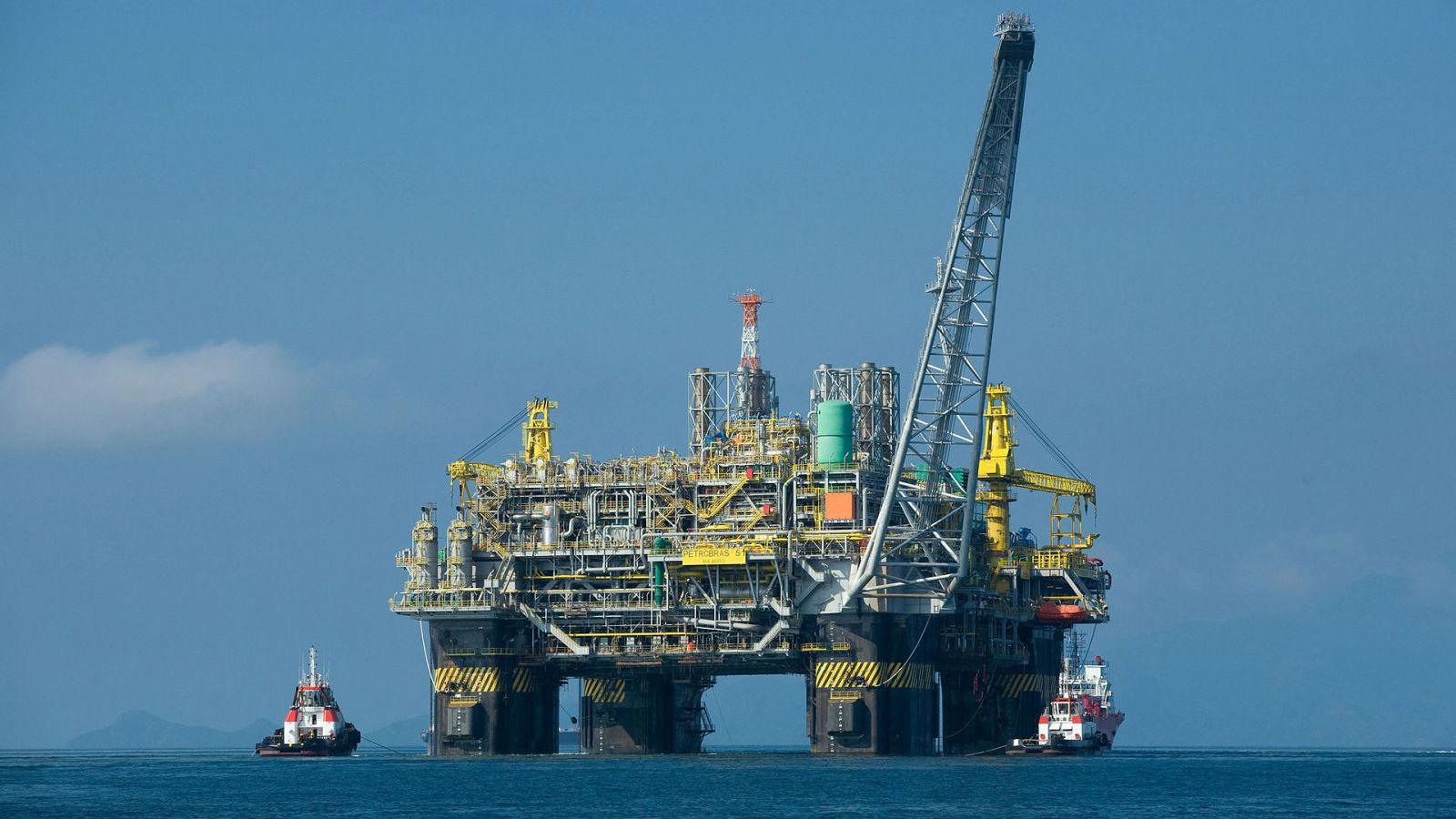Brazil Will Sell Pre-Salt Blocks to Spur Investment

Brazil on Tuesday said it will sell four areas in its prolific subsalt region by mid-2017 to speed up development of offshore oil and gas discoveries blocked by nationalist energy policies and state-run Petrobras' debt and financial woes.
One of the areas will abut the giant Carcará prospect in the BM-S-8 block in Brazil's offshore Santos Basin south of Rio de Janeiro, Marcio Felix, the energy ministry's oil and gas secretary designate, told reporters in Rio de Janeiro.
"Without this sale, Carcará can't be developed," said a senior official with a company that owns Carcará resources.
While there is no official estimate for the size of Carcará, partners in the group, including state-led Petroleo Brasileiro SA, or Petrobras, Portugal's Galp Energia SPGS SA, and Brazil's Barra Energia and QGEP Participações SA, have said it rivals Brazil's 8-billion-barrel Lula field.
With enough oil to supply all the world's needs for nearly three months, Lula is one of the world's largest discoveries in four decades. The subsalt is a region near Rio where about 100 billion barrels of oil are trapped deep beneath the seabed by a layer of mineral salts.
Petrobras owns 66 percent of BM-S-8 where Carcará was discovered, and is lead partner or "operator". Galp owns 14 percent and Barra and QGEP each own 10 percent.
In addition to areas abutting BM-S-8, Felix said the auction will sell blocks adjacent to Petrobras' Tartaruga field; the Sapinhoa field owned by Petrobras, Royal Dutch Shell Plc, Spain's Repsol SA and China's Sinopec; and the Gato do Mato prospect owned by Shell and France's Total SA.
Changes made in 2010 by a previous government to Brazil's oil law were designed to increase government control of the giant subsalt discoveries and channel an expected bonanza to health care, education and economic development.
Instead they stalled investment and put development into regulatory limbo. They've since combined with a Petrobras corruption scandal, the company's $126 billion of debt, the world oil industry's largest, and a plunge in oil prices, to hobble a once-booming oil industry.
Carcará partners have invested more than $2 billion to date but will have to wait until at least 2020 for a return, two decades after rights to the area were first sold.
Brazilian law also requires fields to be developed as a single unit, meaning parts of Carcará extending into unleased areas must be sold to another company and "unitized" with Carcará resources in BM-S-8.
About 55 percent of Carcará is outside BM-S-8, the Carcará partner and a government source said.
The 2010 law, though, required all unleased areas in Brazil's subsalt to be operated and at least 30 percent owned by Petrobras. New subsalt areas must also be sold under production sharing contracts, where the government earns both oil and royalties. Older areas such as BM-S-8 are concessions that pay only royalties.
Short of cash, though, Petrobras can no longer afford new subsalt areas it is legally obligated to lead.
"Petrobras is broke, the rules a mess. Without change we're stuck," the Carcará partner said.
A bill ending Petrobras' obligation to lead all new subsalt development should pass Congress within weeks, opening the 2017 subsalt auction to new bidders, Felix said.
Rules clarifying unitization of concessions and production-sharing contracts will be complete by year end, he added.
